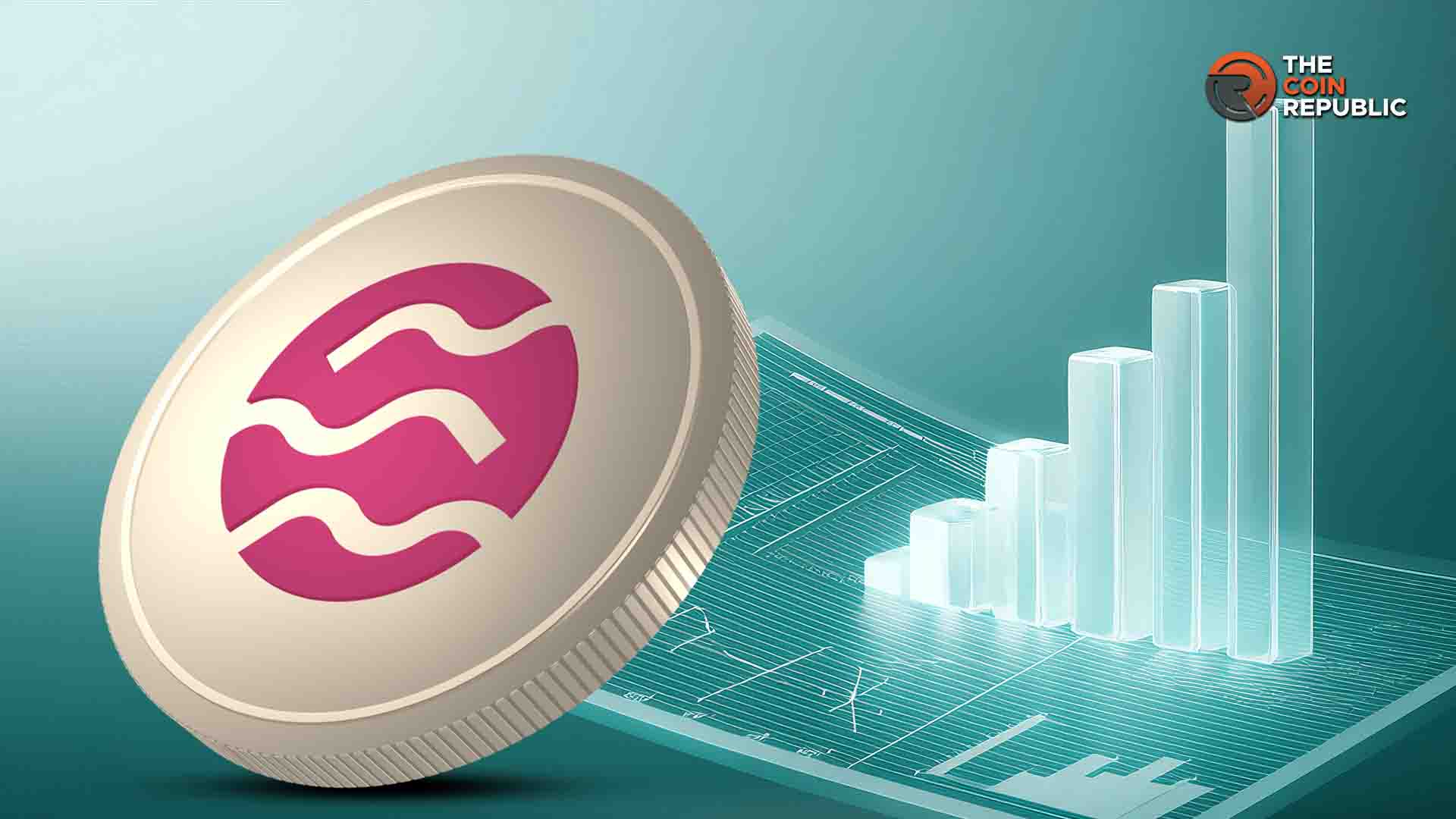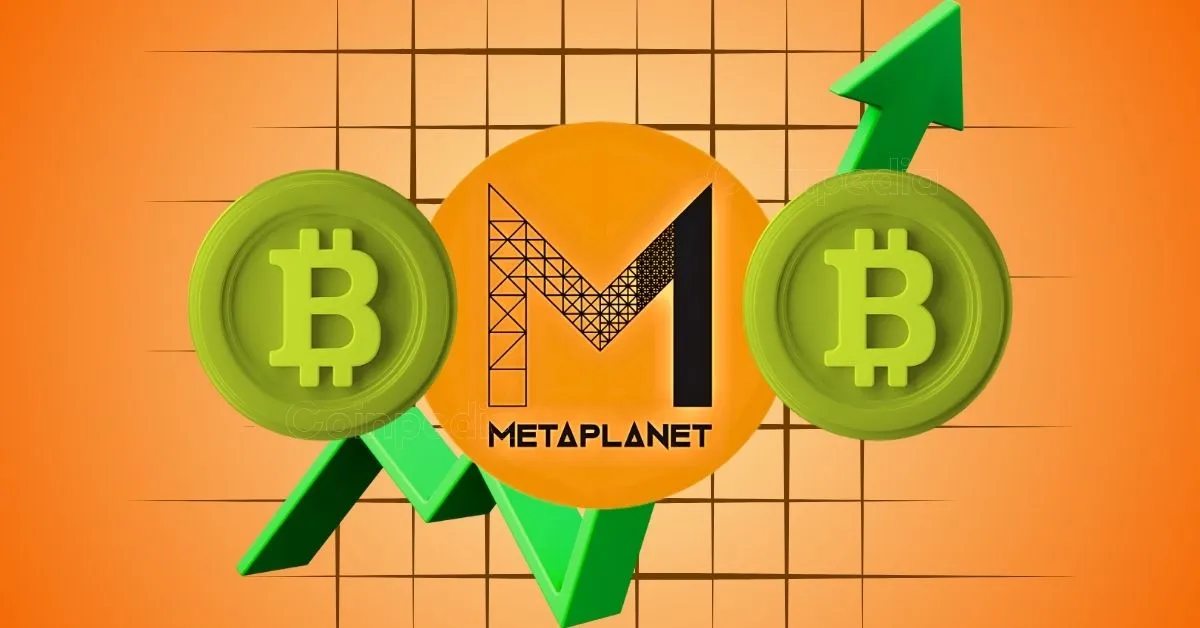 CaryptosHeadlines Media Has Launched Its Native Token CHT.
Airdrop Is Live For Everyone, Claim Instant 5000 CHT Tokens Worth Of $50 USDT.
Join the Airdrop at the official website,
CryptosHeadlinesToken.com
CaryptosHeadlines Media Has Launched Its Native Token CHT.
Airdrop Is Live For Everyone, Claim Instant 5000 CHT Tokens Worth Of $50 USDT.
Join the Airdrop at the official website,
CryptosHeadlinesToken.com
A complex network of nodes is responsible for validating blockchain transactions, earning cryptocurrency as fees for their services. This incentive mechanism encourages these nodes to efficiently process transactions. However, when transaction volumes are high, as is often the case when a particular cryptocurrency’s price rises, users compete for processing speeds. This competition drives up fees. Similarly, when demand for a specific token increases, so do transaction fees. One example of this was evidenced by the Bitcoin-based protocol BRC-20, which saw significantly high transaction fees when it was popular in the spring of 2023.
Users looking to avoid these high costs do have a few options. One of the most straightforward is to wait for fees to decrease before making a transaction. This option, however, is not viable for users who need to send cryptocurrency quickly. Another approach involves making transactions during off-peak hours when fees tend to be lower. For instance, fees often decrease during the night in the US.
Users can also avoid high fees by exchanging their crypto for a different asset with lower transaction costs, such as Ripple or Litecoin, before sending it. This currency can then be reconverted into the desired asset on the receiving end. However, this method is not without its costs, as users will still incur buying and selling fees.
Simulating transactions offers another way for users to avoid high transaction costs. Ambire Wallet, an open-source smart wallet that uses account abstraction, provides a transaction simulation feature. This tool informs users of the impact a transaction will have on their balances before it is finalized. In addition to offering all the functions of widely used solutions like Metamask, Ambire Wallet offers account recovery, prepayment of gas fees to avoid spikes, and transaction batching.
The process of transaction simulation begins with the definition of input parameters and ends with an assessment of transaction outcomes. This complex process involves several stages, each critical to the reliability and accuracy of the simulation results. After initially defining the input parameters (including sender address, transaction type, receiver address, gas price and limit, and other relevant attributes), a series of validation procedures are performed to ensure the transaction’s integrity and feasibility.
Following validation, the simulation prepares the blockchain environment based on current data and system configuration. This includes retrieving relevant information such as contract codes, account balances, and gas. Gas estimation is an essential part of this stage, as it involves evaluating the consumption of separate transaction elements and operations to accurately estimate the total gas required to execute the transaction.
After this preparation phase, the transaction simulation executes the operations defined in the input parameters. This step includes simulating fund transfers, executing smart contract functions, and updating contract storage as per the predetermined transaction logic. Throughout this process, the simulation tracks each operation’s gas consumption, which enables an accurate assessment of the efficiency of transaction operations and the identification of potential issues that could affect performance.
The simulation concludes with an evaluation of the transaction results, considering both the cost and integrity of the transaction. This evaluation involves verifying the completion of transaction operations, checking for errors, and examining the alterations made to the blockchain state.
Transaction simulations reduce the risk of irreversible errors by enabling users to predict potential issues or consequences. Simulations can be particularly beneficial when making swaps, trades, or liquidity provisions in DeFi interactions, as they can help avoid unexpected losses resulting from non-optimal trade execution or slippage.
By providing accurate estimates of the gas required for a transaction, simulations can help users avoid underpaying or overpaying gas fees, which can lead to stuck or failed transactions or unnecessarily inflated costs, respectively. Simulations can also help users understand the implications of their transactions, particularly when dealing with complex DeFi protocols or smart contracts. This understanding allows for economically viable and safe choices, ensuring that all parties involved in a transaction are fully informed.












